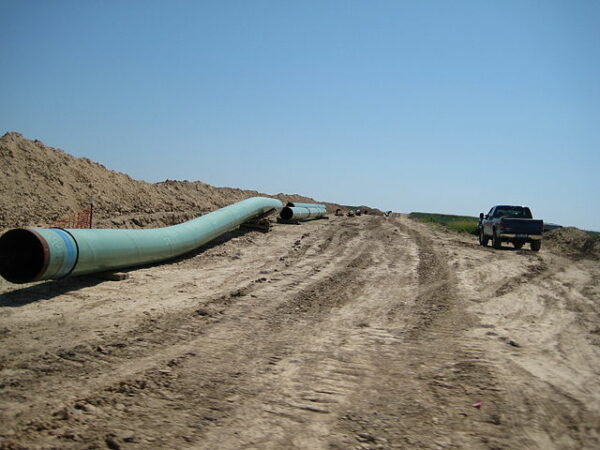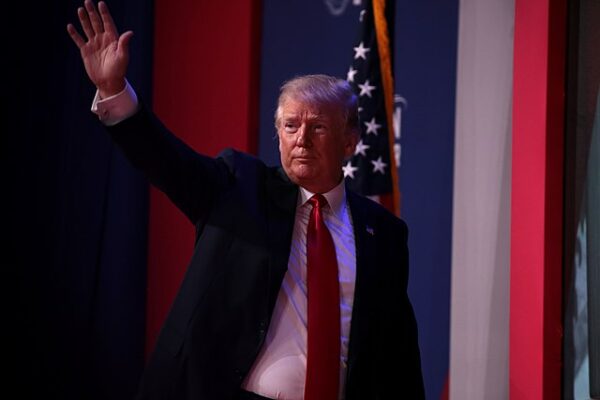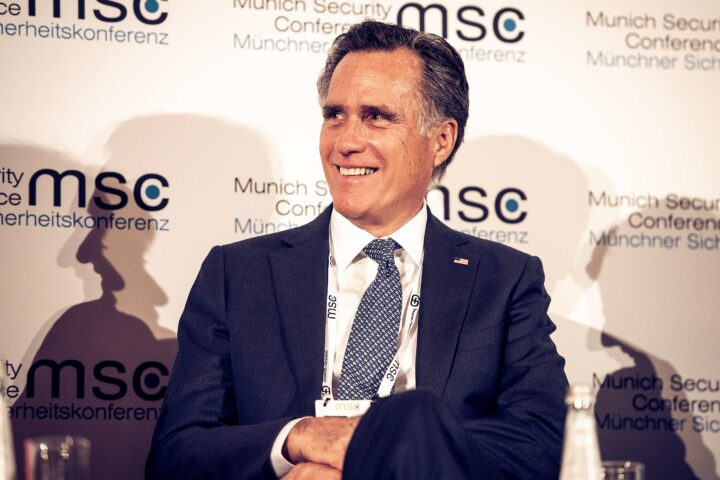Throughout the 2024 campaign, Donald Trump said he wanted to rebuild America’s energy infrastructure. Now, he’s making good on that promise. Earlier in the week the president-elect made known his intentions to revive the controversial Keystone XL pipeline project on his first day back in the White House.
The Keystone XL pipeline, originally proposed as a 1,200-mile system to transport crude oil from Canada to Nebraska, has a contentious history. President Barack Obama rejected the project in 2015, only for it to be resurrected by Trump in 2017. In 2021, President Biden revoked the federal permit while helping China, leading Calgary-based developer TC Energy to abandon the effort and dismantle portions of the pipeline that had been constructed.
According to Politico, restarting construction would require navigating a maze of legal, logistical, and regulatory barriers. Local permits would need to be reissued, and land along the proposed route would have to be reacquired.
Any company building the pipeline would have to once again acquire land for the pipeline route, at least in Nebraska, said Jane Kleeb, chair of the Nebraska Democratic Party and head of Bold Alliance, a progressive group that fought against Keystone XL the first time around. That could once again raise bad feelings even among conservative landowners fearful about a private company’s use of eminent domain rights to gain access to land, Kleeb added.
“They can try, but they’ll be starting from scratch,” Kleeb said in an interview. “When the federal permit got revoked, we just didn’t celebrate — we went all the way through the court system to make sure the easements were returned to landowners” in Nebraska.
Economic realities add another layer of complexity. Domestic oil production in the United States has reached record highs, reducing reliance on imported Canadian crude. Moreover, Canada has developed alternative outlets for its oil, such as the recently expanded Trans Mountain pipeline, which now moves 890,000 barrels of oil daily to British Columbia for export.
Despite these challenges, Trump views the project as a powerful symbol of energy independence, infrastructure development, and job creation. A source close to his transition team acknowledged the diminished practical value of the pipeline but emphasized its political significance. “Everyone in the country knows what Keystone XL represents. It’s energy. It’s infrastructure. It’s jobs,” a source explained to the outlet.
That’s exactly what the next president intends to do.
[Read More: Laken Riley Gets Justice]







